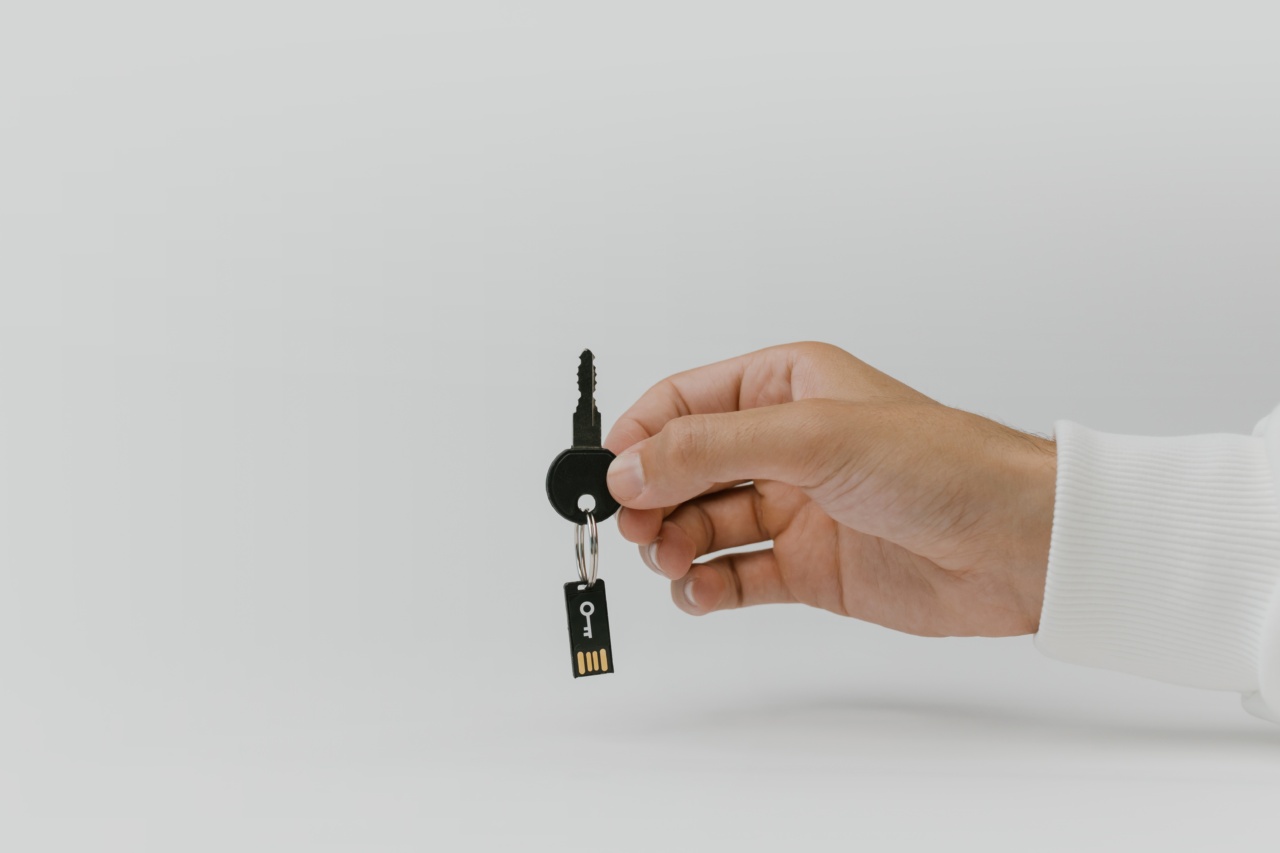Depression is a complex and widespread mental health condition that affects millions of people worldwide.
While traditional antidepressant medications are commonly prescribed, they often come with side effects and are not always effective for every individual. As a result, researchers have been exploring alternative treatment options, and one substance that has been gaining attention is psilocybin, the active ingredient found in magic mushrooms.
What are Magic Mushrooms?
Magic mushrooms, also known as psilocybin mushrooms, are a type of fungi that contain the psychoactive compound psilocybin. These mushrooms have been used for centuries in indigenous cultures for their hallucinogenic properties and spiritual purposes.
Psilocybin is a Schedule I substance in many countries due to its mind-altering effects, but it has shown promise in recent studies for its potential therapeutic benefits.
The Therapeutic Effects of Psilocybin
Research has shown that psilocybin may have significant therapeutic effects on mental health conditions such as depression, anxiety, and post-traumatic stress disorder (PTSD).
When ingested, psilocybin is metabolized into psilocin, which binds to serotonin receptors in the brain, particularly the 5-HT2A receptors. This interaction leads to alterations in brain activity and communication, resulting in profound psychological effects.
Studies conducted at prestigious research institutions, including Johns Hopkins University and Imperial College London, have demonstrated that psilocybin-assisted therapy can reduce symptoms of depression and anxiety in patients who have not responded well to conventional treatments. These studies have shown rapid and sustained antidepressant effects, with participants experiencing improvements lasting several months after a single psychedelic session.
The Mechanisms Behind Psilocybin’s Antidepressant Effects
The antidepressant effects of psilocybin are believed to be mediated by its interaction with the brain’s default mode network (DMN).
The DMN is a network of brain areas that are active during restful states, introspection, and self-referential thinking. In individuals with depression, the DMN is often hyperactive and dysfunctional.
Psilocybin has been found to temporarily suppress the activity of the DMN, allowing for enhanced connectivity between other brain networks.
This disruption can lead to profound insights, personal meaning-making, and a shift in perspective, all of which can help individuals break free from negative thought patterns and emotional loops associated with depression.
Risks and Limitations
While the therapeutic potential of psilocybin is promising, it is essential to acknowledge the associated risks and limitations.
Psilocybin-assisted therapy is not suitable for everyone and should only be administered in controlled settings under the guidance of trained professionals. Individuals with a history of psychosis, severe mental disorders, or heart conditions should avoid psilocybin use.
Psilocybin can induce intense psychological experiences known as “trips,” which can be overwhelming and potentially risky for those not prepared or predisposed to handle such experiences.
Additionally, the misuse or recreational use of psilocybin mushrooms without proper guidance can lead to harmful implications, including increased anxiety or panic reactions.
The Future of Psilocybin Assisted Therapy
Despite the risks and limitations, the potential benefits of using psilocybin as an antidepressant are significant.
The current landscape of mental health treatments is rapidly evolving, with increasing interest and investment in psychedelic-assisted therapy. Organizations such as the Usona Institute and Compass Pathways are leading the way in conducting clinical trials and seeking approval for psilocybin-based therapies.
The results from these studies have the potential to revolutionize the field of psychiatry and transform how we approach mental health treatment.
Psilocybin-assisted therapy may provide an alternative for individuals who have not responded well to traditional antidepressants or those seeking a more holistic and personalized approach to mental health care.
Ongoing Research and the Path Forward
As the interest in psilocybin grows, so does the need for rigorous scientific research to further explore its potential.
Ongoing studies are investigating the optimal dosages, treatment protocols, long-term effects, and safety profiles of psilocybin-assisted therapy. These studies aim to address any concerns and build a robust evidence base to advocate for the integration of psychedelic medicine into mainstream mental health care.
Moreover, researchers are examining the underlying mechanisms of psilocybin’s effects on the brain to gain a deeper understanding of how it can be leveraged for therapeutic purposes.
By elucidating the neurobiological processes involved in psilocybin-assisted therapy, scientists hope to refine treatment protocols and optimize outcomes for patients.
Conclusion
The use of magic mushrooms, specifically psilocybin, as a potential treatment for depression holds significant promise.
Ongoing research suggests that psilocybin-assisted therapy can provide rapid and sustained relief from depressive symptoms, offering hope to those who have not found success with conventional antidepressants.
While psilocybin is not without risks and limitations, its therapeutic potential cannot be ignored.
With the advancement of scientific understanding, rigorous clinical trials, and responsible use, psilocybin may hold the key to more effective antidepressants and revolutionize the field of mental health treatment.






























